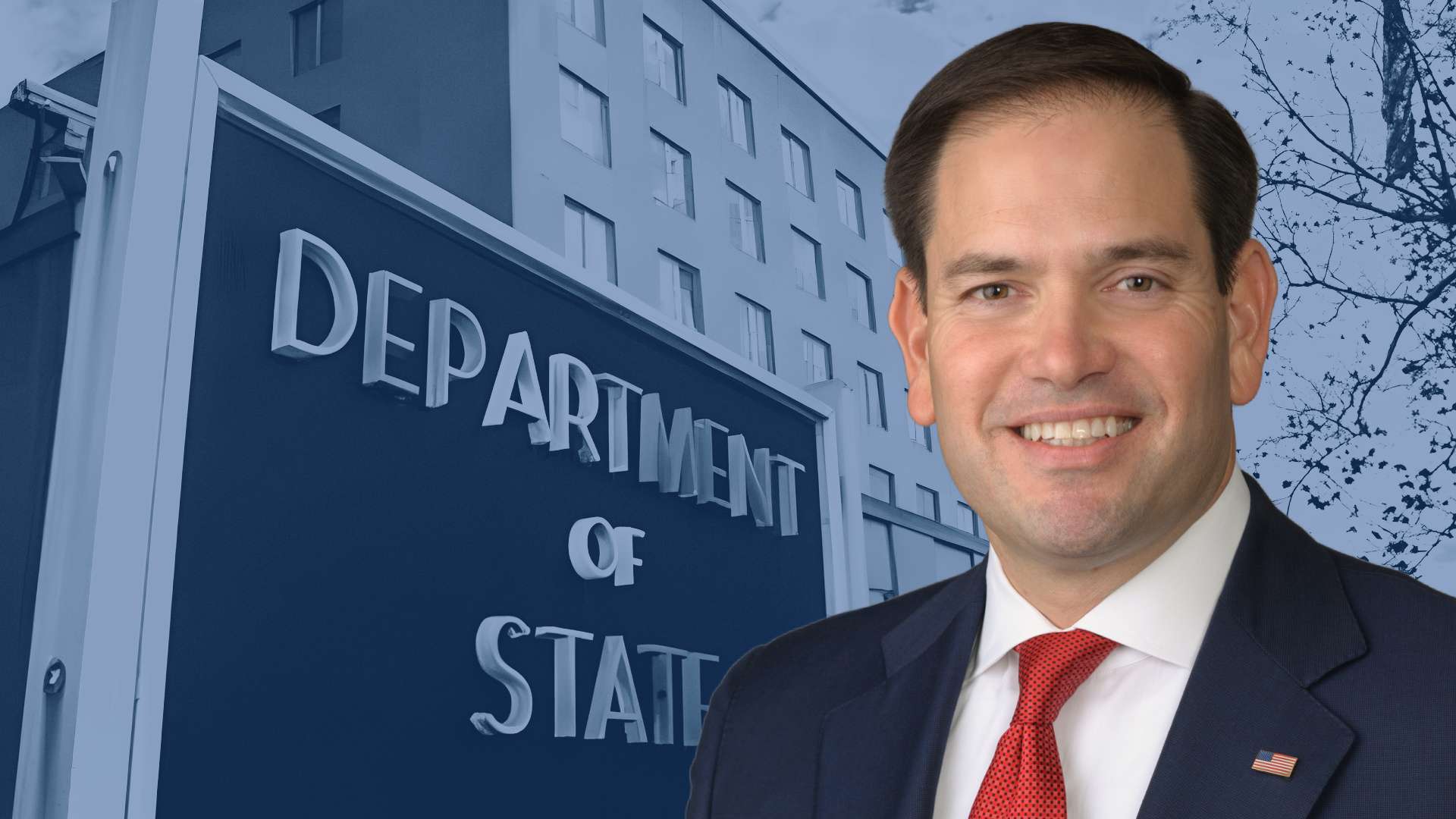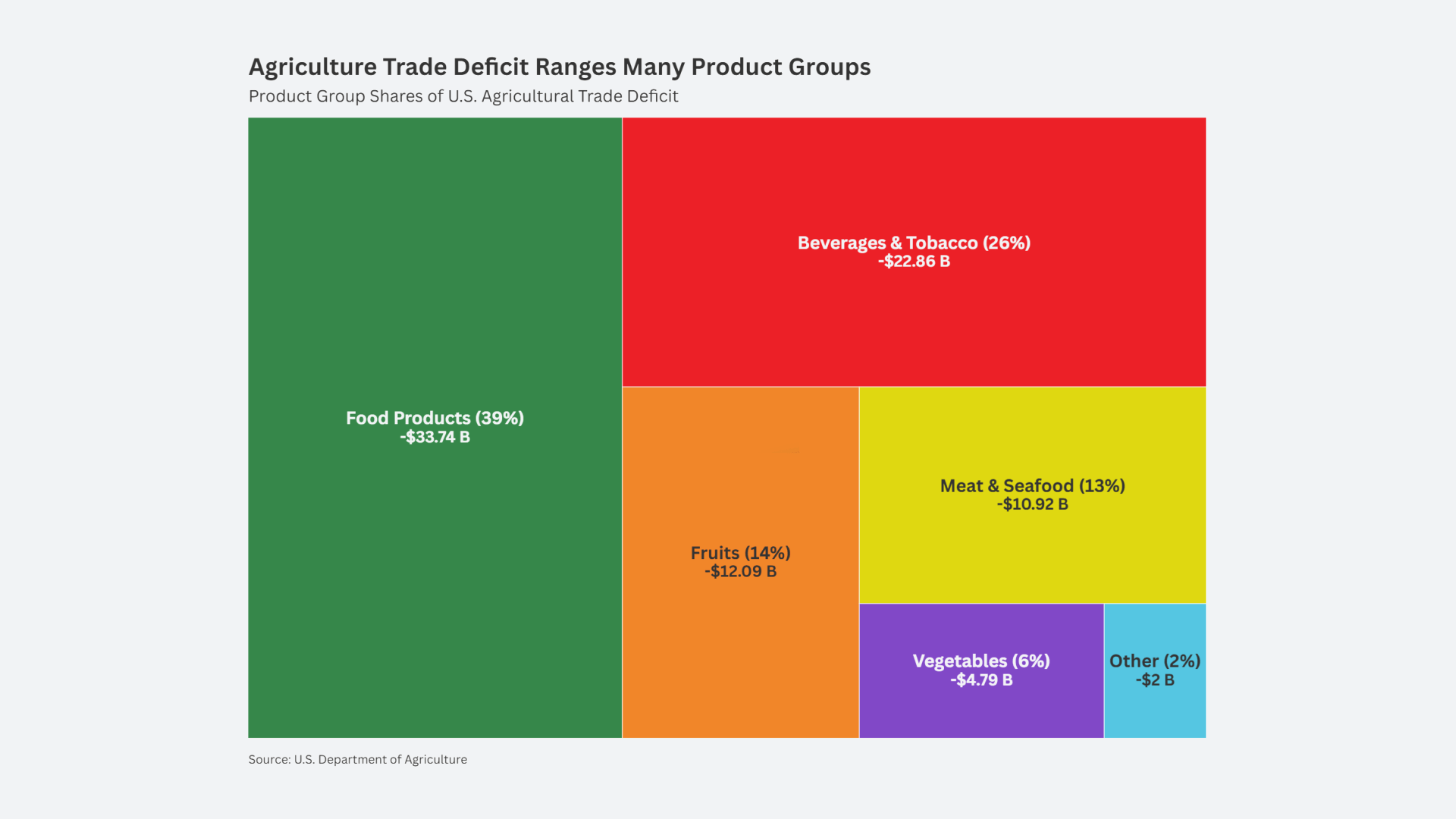
WASHINGTON — With a final House showdown coming on Friday on President Obama’s push for accelerated power to pursue a sweeping trade agreement, the vote brokering has begun — and it is all tilting to the right.
[Reposted from The New York Times | Jonathan Weisman | June 10, 2015]
For Representative F. James Sensenbrenner, Republican of Wisconsin, there is language promising that no trade deals can compel the United States to address climate change. For anti-immigrant firebrand Steve King, Republican of Iowa, another provision would prohibit future trade deals from loosening immigration laws or expanding visa access.
Representative Peter Roskam, Republican of Illinois, demanded a measure prioritizing trade relations with Israel and discouraging United States trading partners from boycotting, divesting from or sanctioning the Jewish state.
Senator Dan Sullivan, Republican of Alaska, never got a chance to add a measure to make expanding markets for fish, seafood and shellfish a new negotiating priority when the trade debate was in the Senate.
But Representative Paul D. Ryan of Wisconsin, the Republican chairman of the Ways and Means Committee and President Obama’s unlikely broker on trade, added Mr. Sullivan’s provision in the House.
Representative Paul Ryan of Wisconsin is President Obama’s unlikely trade broker. Credit J. Scott Applewhite/Associated Press
“It’s one vote at a time,” said Representative Dave Reichert, Republican of Washington and a leader in the trade push. “It’s going to be close.”
Those last-minute additions were appended not to the fast-track bill at the center of the fight, but to a separate trade-law enforcement bill that is being considered alongside the trade promotion bill. While that creates a convoluted situation, the stakes are undeniably high. The Senate has already passed the trade promotion bill. If the House follows suit on Friday, Mr. Obama can return to final negotiations on the Trans-Pacific Partnership, a trade accord spanning the Pacific Rim and binding 40 percent of the world’s economy, knowing a final agreement could not be amended or filibustered by Congress.
The legislative changes clearly show the fate of the president’s expanded trade-negotiating power rests with Republicans, not Democrats, even more so because Republicans have blocked provisions favored by pro-trade Democrats.
Representative Gerald E. Connolly of Virginia and one of 21 Democrats publicly supporting fast-track, said the president and top administration officials were making personal appeals, but they were not buying votes.
“That era is over,” he said. “It would be a scandal.”
Republican leaders are showing far less reluctance on the favor front, and in so doing, they are also putting the president in a policy vise. Mr. Obama’s drive for fast-track trade promotion authority may be his top legislative priority ahead of final negotiations on the Trans-Pacific Partnership, but addressing climate change and immigration issues are no less important.
The maneuvering also shows how persuasion has become far trickier since Bill Clinton secured passage of the North American Free Trade Agreement in 1993. Back then, votes from Floridians could be secured by promising protection for American tomato growers, who are heavily concentrated there. Now, with earmarking pet projects against the rules, deals involve conservative policy riders — with far broader implications that are more likely to affect the next president than Mr. Obama.
“President Obama cannot credibly claim that trade deals will force other countries to raise their environmental standards if he allows the same deals to secure a pass for the U.S. to keep dumping carbon into the planet’s atmosphere,” said Luísa Abbott Galvão of Friends of the Earth after the climate-change provision came to light.
For decades, final trade votes have been marked by arm twisting, pressure campaigns on both sides and last-minute horse trading. But the push this year to grant Mr. Obama trade promotion authority has turned into even more of a legislative thicket.
Republican leaders and the White House decided early that identical versions of the fast-track bill would have to pass both the House and Senate without changes, which would eliminate the need for protracted House-Senate negotiations to smooth the differences between their separate measures and force a second round of voting. That would be packaged with another measure to expand assistance to workers who lose their jobs to global competition, which would also have to pass unchanged on the House and Senate floors.
A separate bill, on customs and trade law enforcement, would move in concert with those two as a catchall for pet provisions, from language to crack down on international currency manipulation to measures to speed responses to countries that export products to the United States at prices below their cost of their production.
That plan has become mired in controversy. Aid in the trade adjustment assistance bill is paid for with a slight tweak to Medicare financing, a provision that caused no problems in the Senate. But in the House, it has enraged Democrats, who accuse pro-trade forces of trying to harm the elderly.
Republicans responded with a complicated solution: The House will try to pass the Senate’s trade assistance bill unchanged. But another trade bill to follow will include a measure swapping the Medicare change with a different one raising the penalty for not filing tax returns to $205 from $135, enough to pay for the worker aid.
Unsatisfied, Democrats say they want that change on the trade adjustment assistance bill itself, and are threatening to vote against a bill opposed by House conservatives but designed to win over liberals.
“We’ve gone out of our way to substantively address Democrats’ concerns” with the trade adjustment assistance bill, fumed Kevin Smith, spokesman for House Speaker John A. Boehner of Ohio. “It would be an incredible embarrassment to the president if his party manufactures an excuse to oppose it.” The customs enforcement bill has been similarly waylaid, loaded with conservative policy additions that have angered Democrats, and shorn of provisions Democrats wanted. House Republicans are using the customs bill as a vehicle to further “their rigid ideological agenda,” said Representative Sander Levin of Michigan, the ranking Democrat on the House Ways and Means Committee.
To win over Rust Belt Republicans, Mr. Ryan also attached language this week that would block a country that illegally manipulates its currency from participating in future trade agreements. But he has stood firm against stronger language adopted by the Senate that would force the Commerce Department to impose sanctions on any country declared to have artificially depressed the value of its currency to make its exports cheaper and imports from the United States more expensive.













